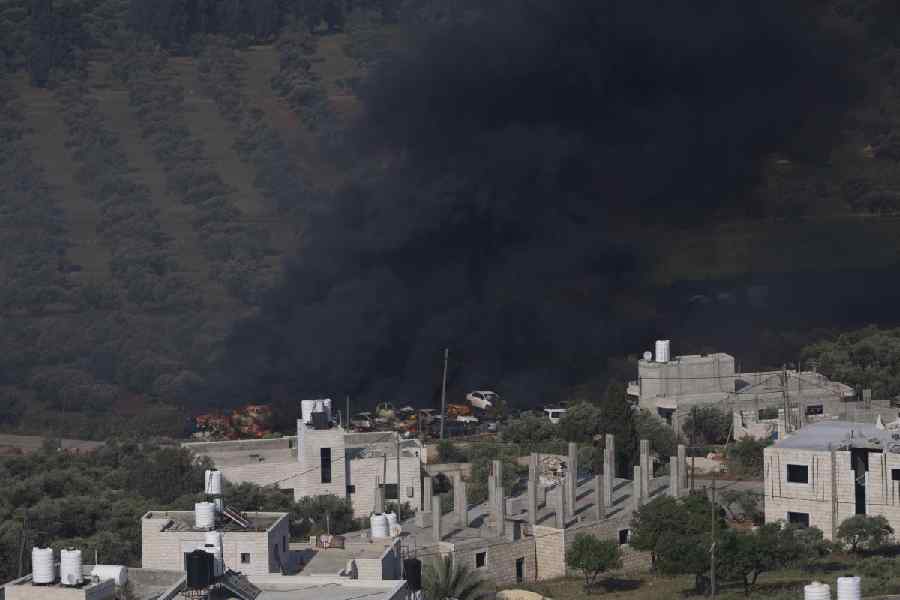The Israeli military struck Iran early on Friday, according to two Israeli and three Iranian officials, in what appeared to be Israel’s first military response to Iran’s attack last weekend but one whose scope, at least initially, appeared to be limited.
The Iranian officials said that Israeli drones had hit a military air base near the city of Isfahan, in central Iran. Initial reaction in both Israel and Iran was muted, with news media in both countries appearing to play down the attack, in what analysts said was a sign that the rivals were seeking to de-escalate tensions.
For nearly a week, world leaders have urged Israel and Iran to avoid sparking a broader war in the region.
However, a senior Iranian official told Reuters on Friday that Iran has no plan for immediate retaliation against Israel.
“The foreign source of the incident has not been confirmed. We have not received any external attack, and the discussion leans more towards infiltration than attack,” the Iranian official said on condition of anonymity.
The explosions came less than a week after Iran fired more than 300 missiles and drones at Israel — nearly all of which were shot down — in response to an April 1 strike on an Iranian diplomatic compound in Syria that killed seven Iranian officials. That attack brought the decades-long shadow war between Israel and Iran — waged on land, at sea, in the air and in cyberspace — more clearly into the open.
One source told Reuters that the US was not involved but was notified by Israel before the attack.
An Iranian official told Reuters there was no missile attack and the explosions were the result of the activation of Iran’s air defence systems.
Iranian state TV said that shortly after midnight “three drones were observed in the sky over Isfahan. The air defence system became active and destroyed these drones in the sky”.
The broadcaster later said the situation in Isfahan was normal and no ground explosions had occurred.
The Israeli military had no comment on the reports.
Israel had said it would retaliate against Iran’s weekend attack, which involved hundreds of drones and missiles, in response to a suspected Israeli strike on its embassy compound in Syria.
Most of the Iranian drones and missiles were downed before reaching Israeli territory.
Analysts and observers have raised concerns about the risks of the Israel-Gaza war spreading into the rest of the region. Iranian President Ebrahim Raisi had warned Israel before Friday’s strike that Tehran would deliver a “severe response” to any attack on its territory.
Iran told the UN Security Council on Thursday that Israel “must be compelled to stop any further military adventurism against our interests” as the UN secretary-general warned that West Asia was in a “moment of maximum peril”.
New York Times News Service, Reuters










